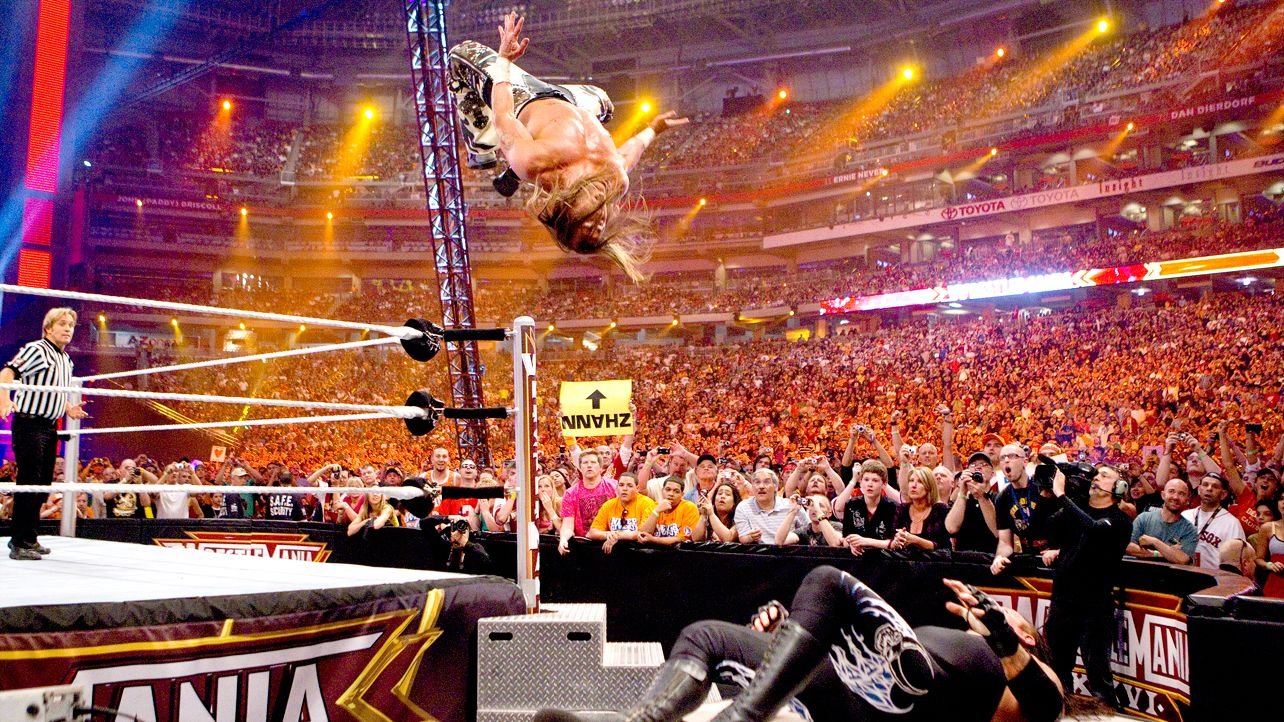My students are taking their AP Comparative Government & Politics exam on Wednesday. In the course, we examine the systems of government in six states: the UK, Russia, China, Iran, Mexico, and Nigeria. We spent this week reviewing material and concepts from the year. My feelings about the exam and the College Board in general are mixed, at best, and I recently detailed them on the TG2 Blog. But despite my personal reservations about the org, I’m a professional and make sure students are prepared for their exams. They’re reviewing the major and some more niche concepts from the course, from how Nigerians elect their legislature to how the Chinese Communist Party limits the independence of the judiciary.
On Thursday, we discussed the term-limit system in Mexico. To prevent the entrenchment of figures like Robert Byrd (he represented West Virginia in the US Senate from 1959-2010, a gobsmacking 51 years), Mexican politicians are denied the right to serve consecutive terms. Notably, the Mexican president is elected to a single six-year term with no chance for reelection. The current Mexican President, Andres Manuel Lopez Obrador, will leave office in 2024 and Mexico will elect a new leader (along with the US—the cycles sync every twelve years). AMLO is a singular figure in Mexican politics. He served as the former mayor of Mexico City in the 2000s. He ran for president unsuccessfully in 2006 and 2012 before winning the office in 2018 with 54% of the vote. He is a left-wing populist figure and leader of the MORENA Party.
AMLO’s populism became a topic of a rabbit hole conversation in class. My students couldn’t seem to get their heads around the inability of left populists, like AMLO, to get a foothold in the US and throughout the Anglosphere: Canada, UK, Australia, and NZ. I was unable to help them and I have been thinking about it for the last few days. I realize the answer I gave them Thursday is “man, it’s really complicated” is both a copout and correct.
In contrast to the US, left-populists have found electoral success to our south. In addition to AMLO, there are figures like Evo Morales who was elected as the President of Bolivia in 2005 and led the country until 2019. He was a former farmer and labor leader who campaigned on a platform of economic justice, indigenous rights, and anti-imperialism. There was also Rafael Correa. He served as president of Ecuador for twelve years. He was an economist who advocated for socialist policies and investments in education, healthcare, and infrastructure. Even Lula in Brazil, who resumed office in 2023, is considered a populist.
No such equivalent figures have risen in the US (or elsewhere in the Anglosphere for that matter). The easy answer is to blame corporate media coverage or capitalism, but while each of those play a role, they absolve people on the left of their culpability and unforced errors.
I have my thoughts, but they’re largely grounded in Chomsky’s Manufacturing Consent, but I am curious about yours.
Take your best shot at answering my students’ question: Why are left-populists more successful in Latin America? Why do you think left-populism is so unsuccessful in modern US politics? Why is it that populist figures like Trump and Johnson (in the UK) were able to win power but similarly populist left figures can’t seem to get traction? I’d love to hear your thoughts* hit my inbox or leave a comment and I’ll share some responses next week.
*One caveat: I may catch hell for this but the “Bernie got screwed by the DNC” meme isn’t real. Bernie was my preferred candidate in 2016 but the reality is he garnered fewer votes (13,210,550 to 16,917,853) and delegates (1865 to 2842) than Clinton. He didn’t get screwed—he lost and lost again in 2020.



